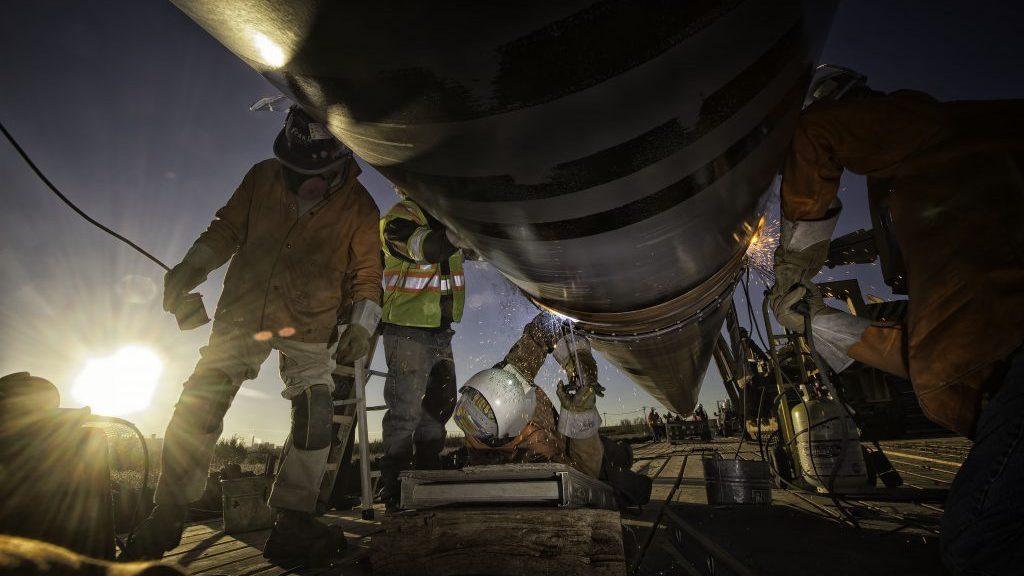A federal bill that aims to streamline the project approval process is facing heavy criticism from the Progressive Contractors Association of Canada (PCA) about the impact it could have across the country.
Bill C-69 would scrap the Canadian Environmental Assessment Act and get rid of the National Energy Board, leaving the Impact Assessment Agency of Canada and the Canadian Energy Regulator as authorities responsible for assessments of the environmental, health, social and economic impacts of designated projects.
Rather than improve the process, PCA president Paul de Jong explained the bill would be a disaster for investment. In a submission to the Senate Standing Committee on Energy, the Environment and Natural Resources, the PCA called the bill “anti-resource development” and argued it “will do just the opposite of what it claims by further bogging down projects and wasting more time and money.”
The bill has been passed by the House of Commons and has now been referred to the Senate for review.
Currently, major energy projects are reviewed by the National Energy Board, which consults with the public, experts and stakeholders to evaluate a project. Upon completing a review, the regulator produces a report outlining recommendations. The federal government receives this information and uses it to determine whether a project is good for the country.
“The federal government seems to be on a reasonable track when it says the purpose was to eliminate regulatory uncertainty, provide clarity and avoid legal action,” said de Jong. “All those seem like good goals to the industry. The concern is that due to how the bill has been structured, it produces the opposite. It lacks clarity, creates a more complicated regulatory system and more possibility of litigation.”
A written statement from Amarjeet Sohi, federal minister of natural resources, defended the bill, arguing it reduces review timelines, ensures transparency on government decisions and requires economic benefits be taken into consideration.
“In order for good projects to move forward, we have to fix a system that was gutted by the last Conservative government,” wrote Sohi. “This system has resulted in Canadians losing confidence in the processes and the institutions that decide what major projects should get built in Canada. Bill C-69 will help fix that.”
He added while the government remains open to “constructive amendments” to improve the bill, the consequences of not moving forward with the legislation are too great.
De Jong offered several amendments he believes could help mitigate the damage the bill would do. He recommended requiring written justification before a minister extends or suspends project approval timelines.
De Jong would also limit the right to participate in hearings to “interested parties” and make the regulatory agency independent, allowing it quasi-judicial status and the power to make project recommendations, not just assessments.
But even if the amendments were adopted, de Jong still has grave concerns with the legislation.
“We as construction companies rely upon the good trust of the investment community who want to put their money into jurisdictions that are healthy, not pathological,” said de Jong. “This bill will confirm that Canada is not a good place to do business. We won’t be able to employ Canadians and support families. We prefer that the bill be scrapped entirely…to kind of re-bake that cake is really a fool’s errand.”
De Jong noted the way the PCA understands the bill, the federal government would not be able to move forward with the multi-billion-dollar Trans Mountain Pipeline, which Ottawa announced it would purchase in 2018.
“It’s really a brain twister that that would quash the very pipeline they are building,” he said.











Recent Comments
comments for this post are closed